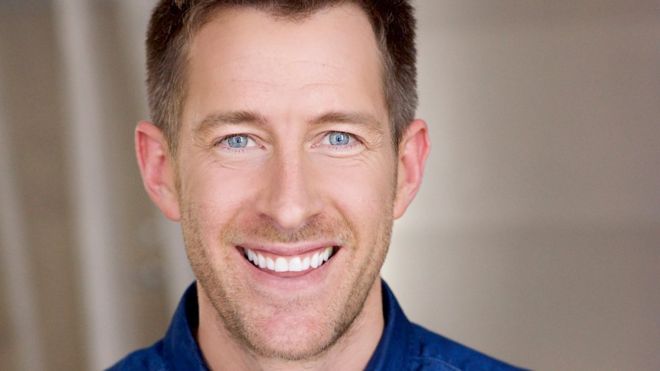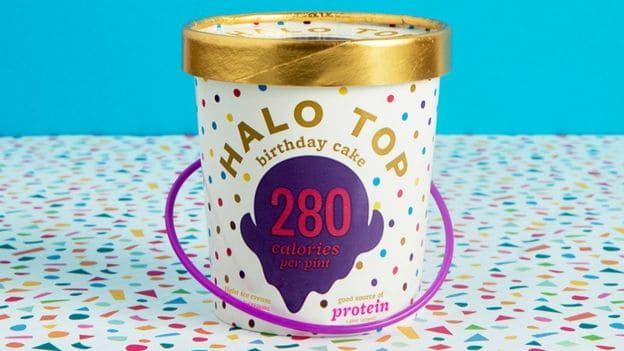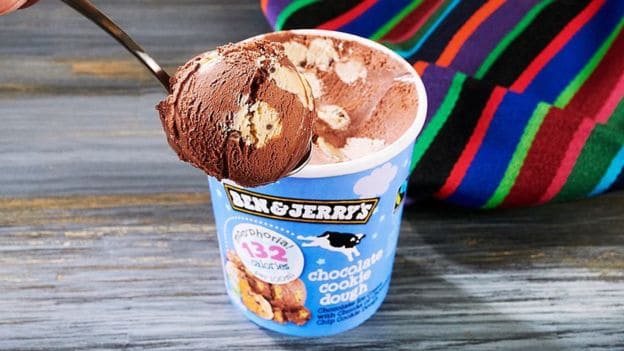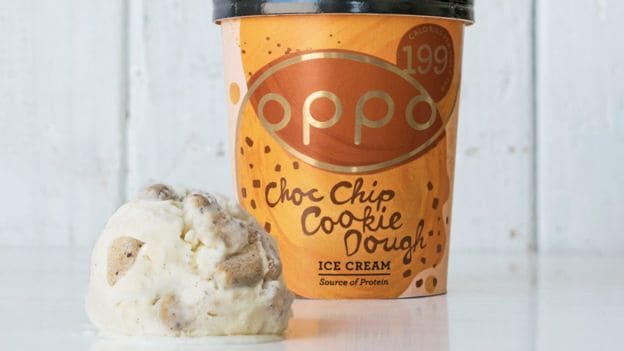Business
The Man Who Built The “Ice Cream Empire” Of $2Billion In His Kitchen


Justin Woolverton has left law firm to manufacture ice cream with reduced fat and sugar content
About six years ago, Justin Woolverton was appealing to grocery chains in the United States not to stop selling his low calorie ice cream.
Sales of Halo Top, the brand of ice cream with a lower fat and sugar content, were stagnant, and stores threatened to stop stocking the product.
“We were very close to a disaster. We were asking, ‘Leave us up there (on the shelf) that things will change,'” recalls Woolverton, founder and chief executive of Halo Top.
Woolverton, now 38, launched the ice cream in 2012. Not even in his wildest dreams could he predict how things would change for him.

After an article in GQ magazine, sales of Halo Top Ice Cream shot up
Today, Halo Top is the best-selling ice cream brand in the United States.
With very little money to invest in marketing, the startup based in Los Angeles (USA) was betting on social media to promote their products.
Things started to improve when, in 2016, a GQ journalist wrote a humorous article about how he fed himself for only ten days from Halo Top. Text viralized and sales of ice cream shot.
In 2016, the company reported selling 28.8 million ice cream pots, earning $ 132.4 million (about $ 500 million at the current exchange rate). It is a higher turnover than the giants of the branch, like Ben & Jerry’s (from Unilever) and Haagen-Dazs (from Nestle). The company today is valued at $ 2 billion.
Not bad for an independent business, which has as investors only friends and relatives of Woolverton and cofounder Doug Bouton.

Unilever’s Ben & Jerry’s has launched a reduced calorie product to compete with Halo Top
Despite the success of the brand, some critics ask if Halo Top really has the credentials to be a “guilt-free” ice cream. Others say that you can not call the ice cream product.
Before creating Halo Top, Woolverton worked in Los Angeles as a business lawyer. But he wanted to do something else.
The idea of investing in ice cream came with a diet that he did to try to reduce the level of sugar in his own blood.
At home, instead of sugary treats, he ate Greek yogurt with fruit and sweetener.
He bought an ice cream machine worth $ 20 to test blends. “It was delicious, and I wondered if I like it because other people will not like it?”
Woolverton began experimenting with other ingredients and switched the milk yogurt so that the mixture behaved more like ice cream when frozen and allowed to be produced on a larger scale.
“It was honestly a year of total failure in the beginning,” he says.

In the wake of Halo Top’s success, Oppo was launched in the UK to compete for the low-calorie ice cream market
With his friend Doug Bouton, another former lawyer, he decided to start a business, banked with money from friends and relatives, student loans and about $ 767,000 worth of credit card debt.
Woolverton says the absence of shareholders gave them more freedom. “We do not have anyone in a suit telling us what to do,” says the businessman.
To promote the brand in social networks, especially when the business started, Woolverton had the idea of hiring local college students to send ice cream coupons to people who had the highest numbers of followers on YouTube and Instagram among those posting about life healthy and fitness world.
“That was really our great marketing strategy,” he explains. “We thought that if these people could buy it, that would be great. At least we’d be on their radar anyway.”
Alex Beckett, director of the Mintel group that researches global food and beverage markets, says that Halo Top is still very strong in the use of social media and this is one of the components that explain the success of the brand.

Woolverton wants to lead global ice cream market with Halo Top
“It has reinforced the image of a cool and courageous alternative to global brands of ice cream with higher advertising budgets,” says Beckett.
And he had the article in GQ magazine, which helped a lot, but Woolverton makes reservations.
“A diet based on Halo Top is not something we recommend, but to be honest, it was a really fun article. It made the brand catch fire.”
